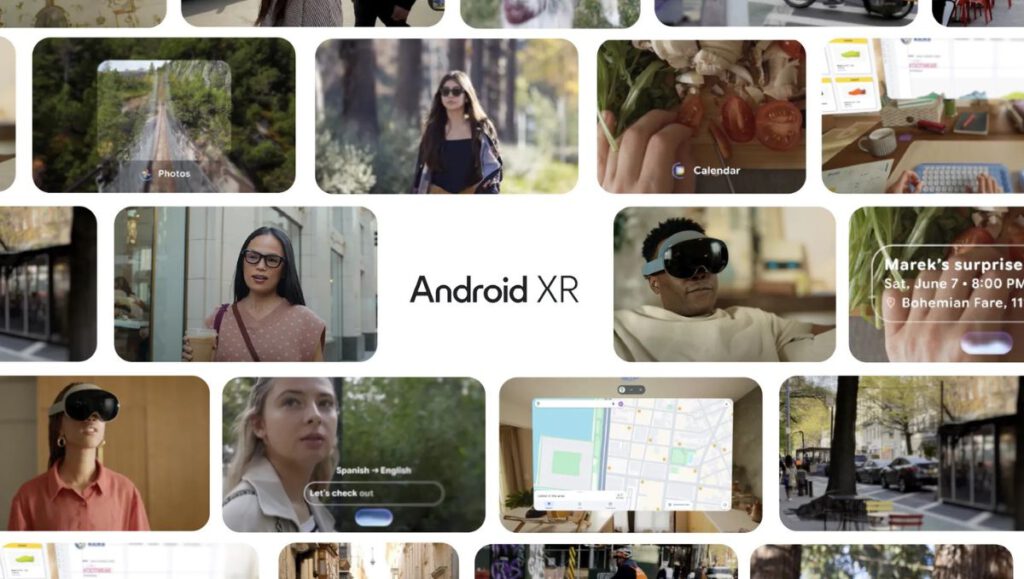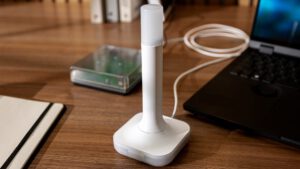At its annual I/O developer conference, Google unveiled Android XR, a new platform designed to power extended reality (XR) devices like smart glasses and headsets, with Gemini AI at its core. Expanding on its integration of Gemini across Android phones, TVs, watches, and car displays, Google aims to bring this AI experience to wearables that perceive the world around users. The vision is to create a hands-free assistant that offers real-time, context-aware support, blending the physical and digital seamlessly for a more immersive, intelligent user experience.
Watch @backlon test out the Android XR prototype glasses and see what they can do 👓✨ pic.twitter.com/vwzBmohdoM
— Android (@Android) May 21, 2025
At Google’s I/O conference, the company offered a first look at smart glasses powered by its new Android XR platform. These wearable devices come equipped with cameras, microphones, and speakers, enabling features like app access, turn-by-turn navigation, live translation, and hands-free functionality—all designed to work in tandem with smartphones, eliminating the need to constantly check a device.
ALSO SEE: Google Engineer Says ‘Make English Mandatory’ After Hindi Row in Bengaluru
A standout feature is the optional in-lens display, which privately shows context-aware information using Gemini’s multimodal AI. The glasses are designed to see and hear what the user does, enabling real-time assistance throughout the day. In a live demo, the glasses translated a conversation between two people and displayed subtitles directly on the lenses, highlighting their potential to bridge language gaps seamlessly in daily life.
Today, during #GoogleIO, we previewed what it’s like to experience AI with Android XR on glasses. Turns out, there’s about to be a whole new way to see the world 👓✨
Read more here 👇https://t.co/A2tErSqqtj
— Android (@Android) May 20, 2025
Understanding that user adoption depends not just on utility but also style, Google announced collaborations with leading eyewear brands. Gentle Monster and Warby Parker are already onboard to design Android XR-compatible glasses, with Kering Eyewear set to join soon. As Google put it, the goal is clear: “We’re building glasses you’ll actually want to wear all day.”
Android XR, initially teased in collaboration with Samsung and Qualcomm to power immersive headset experiences, is now expanding its scope to include smart glasses. One early project, Samsung’s Project Moohan, is slated for a 2025 launch, and both companies are developing a reference hardware and software platform to support developers. Google plans to open up Android XR development later this year, marking a significant step in its ambition to lead the emerging spatial computing space.
ALSO SEE: WhatsApp Just Changed Group Chats Forever With New Voice Feature: Here’s How It Works




